Open Records - Guide To Hawaii'S Uniform Information Practices Act - Office Of Information Practices - 2015 Page 25
ADVERTISEMENT
INTERAGENCY SHARING OF RECORDS
An agency may share non-public records with another agency
under certain circumstances listed in HRS § 92F-19.
Generally, a specifi c need or legal authority must be shown for
records to be shared with another agency.
For example, the statute allows a prosecutor to share with the
Department of Corrections information related to an adult
corrections offi cer’s arrest on drug related offenses because the
department is, by statute and through its administrative rules,
authorized and required to continuously monitor an offi cer’s
character, reputation, and suitability to serve in that capacity.
The agency receiving the records must treat the records in the
same manner as the agency that originally had the records. In
other words, the receiving agency cannot disclose a record publicly
if the originating agency could not.
Agencies are generally not authorized to share records protected
by a specifi c confi dentiality statute. For example, HRS § 235-
116 specifically prohibits disclosure of income tax return
information.
PART III. PERSONAL RECORDS
The UIPA has a separate section that deals with an individual’s
right to access and correct his or her own “personal records.”
A “personal record” is a government record that contains
information “about” the individual who is requesting the record.
This includes an individual’s educational, fi nancial, or medical
records, or items that reference the individual by name or
otherwise.
Because “personal records” are also “government records,” they
may also be requested by others under Part II of the UIPA, the
general public access section.
O
R
- J
2015
25
PEN
ECORDS
UNE
ADVERTISEMENT
0 votes
Related Articles
Related forms
Related Categories
Parent category: Legal
 1
1 2
2 3
3 4
4 5
5 6
6 7
7 8
8 9
9 10
10 11
11 12
12 13
13 14
14 15
15 16
16 17
17 18
18 19
19 20
20 21
21 22
22 23
23 24
24 25
25 26
26 27
27 28
28 29
29 30
30 31
31 32
32 33
33 34
34 35
35 36
36 37
37 38
38 39
39 40
40 41
41 42
42 43
43 44
44 45
45 46
46 47
47 48
48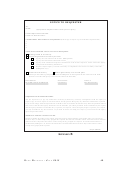 49
49 50
50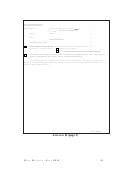 51
51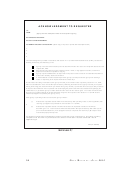 52
52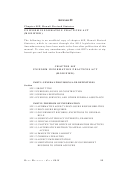 53
53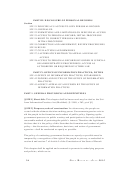 54
54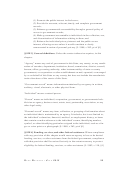 55
55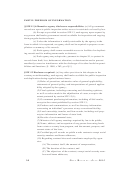 56
56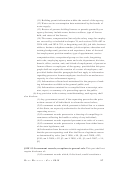 57
57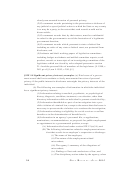 58
58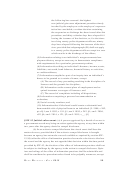 59
59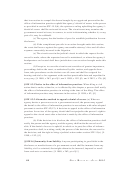 60
60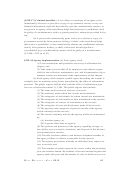 61
61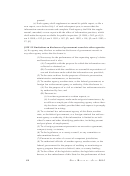 62
62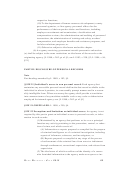 63
63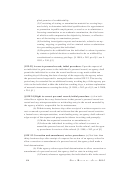 64
64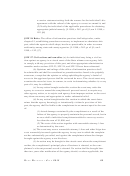 65
65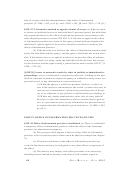 66
66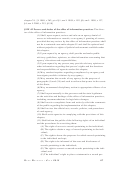 67
67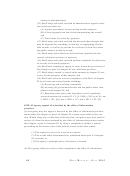 68
68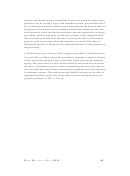 69
69








